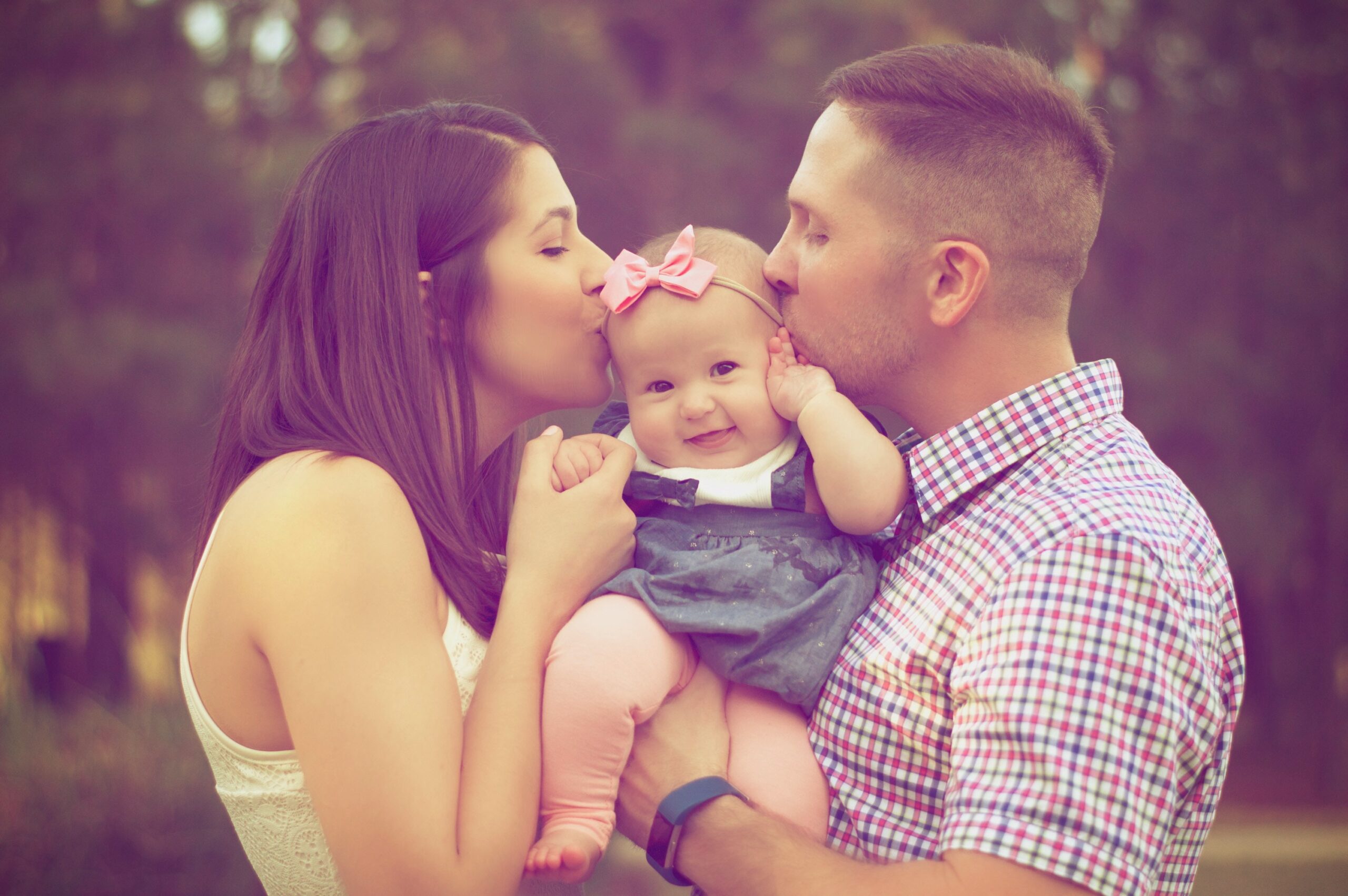
Divorce impacts an entire family, not just the spouses who are splitting. This is especially the case if the two are parents. In these cases, the two are required to settle future arrangements for the child. This includes legal matters such as child custody and child support. Once these agreements are reached, it can establish a child’s custodial and non-custodial parents. These positions in a child’s life comes with various responsibilities to ensure a proper upbringing.
Responsibilities of a Custodial Parent
When parents work to determine custody during their divorce, they can be awarded physical custody or legal custody of their child. When a parent is given physical custody, they are referred to as the child’s custodial parent. This is a very important role in a child’s life, as they are the individual with whom the child lives and spends the majority of their time. With this position, the parent is required to put the best interests of the child first in order to give them with a happy and healthy life. This means providing them with basic stability, including a home, food, clothing, education, and much more.
Responsibilities of a Non-Custodial Parent
During divorce cases, the court stresses the involvement of both parents in the child’s life. It is because of this that the parent without physical custody, referred to as the non-custodial parent, is also important and has a role of their own. Even though the non-custodial parent does not have their child full time, they can have visitation and parenting rights.
If a parent does not have physical custody, they should still fight for legal custody. This type of custody gives a parent the right to be involved in making important decisions for the child throughout their life. This can include matters of healthcare, education, relocation, religion, their general well-being, and more.
The state of New Jersey requires both parents to financially assist their child. This is because the cost of living for a child is often too expensive for one parent to handle on their own. That is why the non-custodial parent must pay child support to the custodial parent. This balances out the cost of living between both parents so that the child can maintain the standard of living they were accustomed to before the divorce.
Can Custody Arrangements Change?
When decisions are made regarding family law, they are done based upon what is in the best interest of the child at the time. However, the life of a child changes over time, as do their needs. It is because of this that modifications may be made to child custody or child support arrangements. This can allow for an agreement that better suits the needs of the family as long as they still benefit the child. It is important to know that, in order to receive a modification, the family must prove that the change in their lives is significant and ongoing.
Contact our Firm
If you require strong legal representation for matters of divorce and family law in New Jersey, contact The Law Offices of Paone, Zaleski & Murphy to schedule a consultation with one of our experienced attorneys today.

